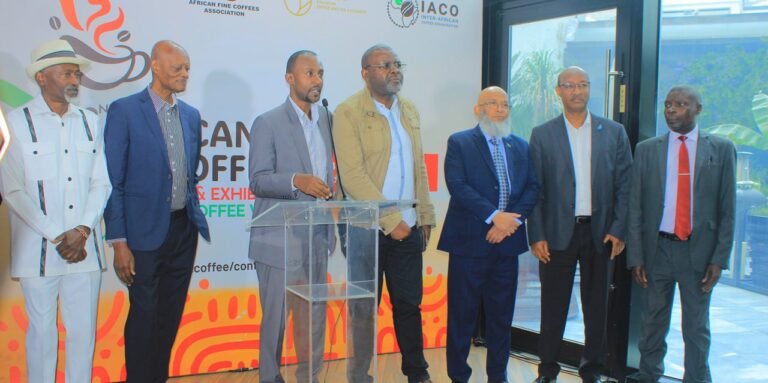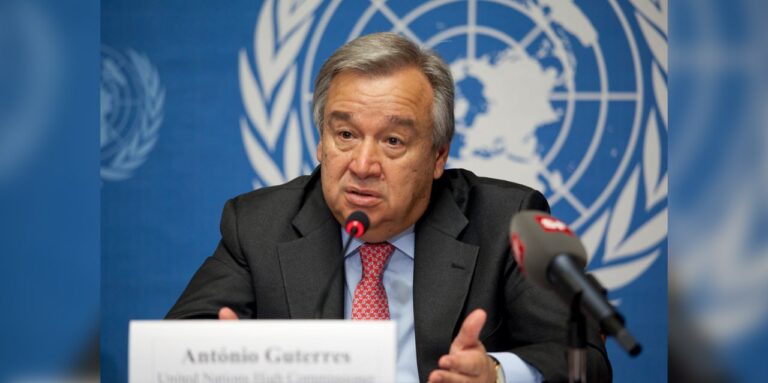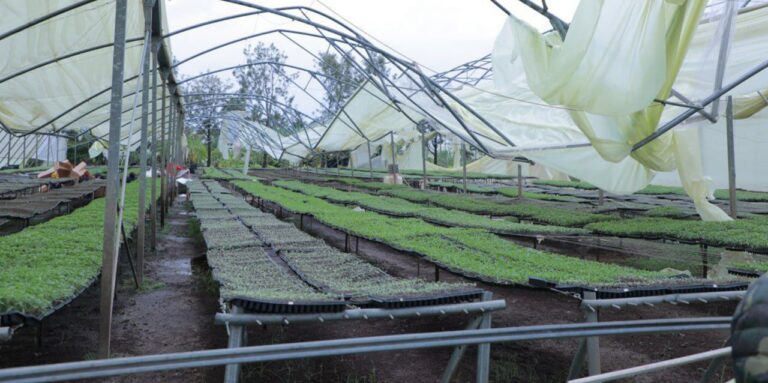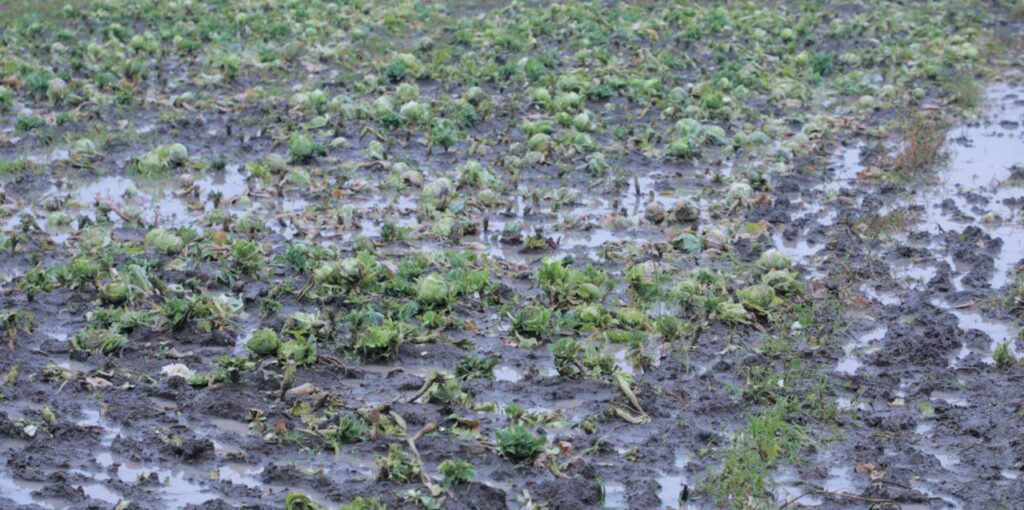Ethiopian Electric Power (EEP) has announced plans to raise a 76 billion birr loan from domestic sources to help cover a significant budget shortfall during the 2025/26 fiscal year. This financing move is part of implementing EEP’s large budget of 251 billion birr, with the majority earmarked for capital projects.
Ashebir Balcha, CEO of EEP, stated that of the total 251 billion birr budget, 178 billion birr (71%) is dedicated to capital expenditures, including ongoing projects (118 billion birr), newly launched initiatives (29 billion birr), reconstruction works (10.4 billion birr), plus spare parts and repair costs.
EEP expects to generate about 420 billion birr in revenue during the fiscal year, from domestic energy sales and export earnings—approximately $138 million. However, this income does not fully cover the financial needs of the enterprise. To bridge the gap, EEP plans to use a mix of its own income, loans from the Commercial Bank of Ethiopia, domestic borrowing, and foreign financial support.
The budget breakdown includes 138 billion birr from internal financing, 76 billion birr through domestic loans, 12 billion birr from foreign loans, 22 billion birr via external financing support, and an additional 3 billion birr from the Ministry of Finance and other sources.
In the preceding fiscal year (2024/25), EEP generated 74.05 billion birr in revenue, with power sales accounting for 1.41 billion birr. From a total of 25,180 gigawatt-hours sold, 93% served domestic consumption, and 7% was exported to neighboring countries including Kenya and Djibouti.
Ashebir emphasized that the decision to secure a sizeable domestic loan reflects the government’s dedication to developing the power sector using local financial resources. Successful management of this funding will be critical to completing planned projects and ensuring energy security, which in turn supports Ethiopia’s broader economic growth ambitions.







